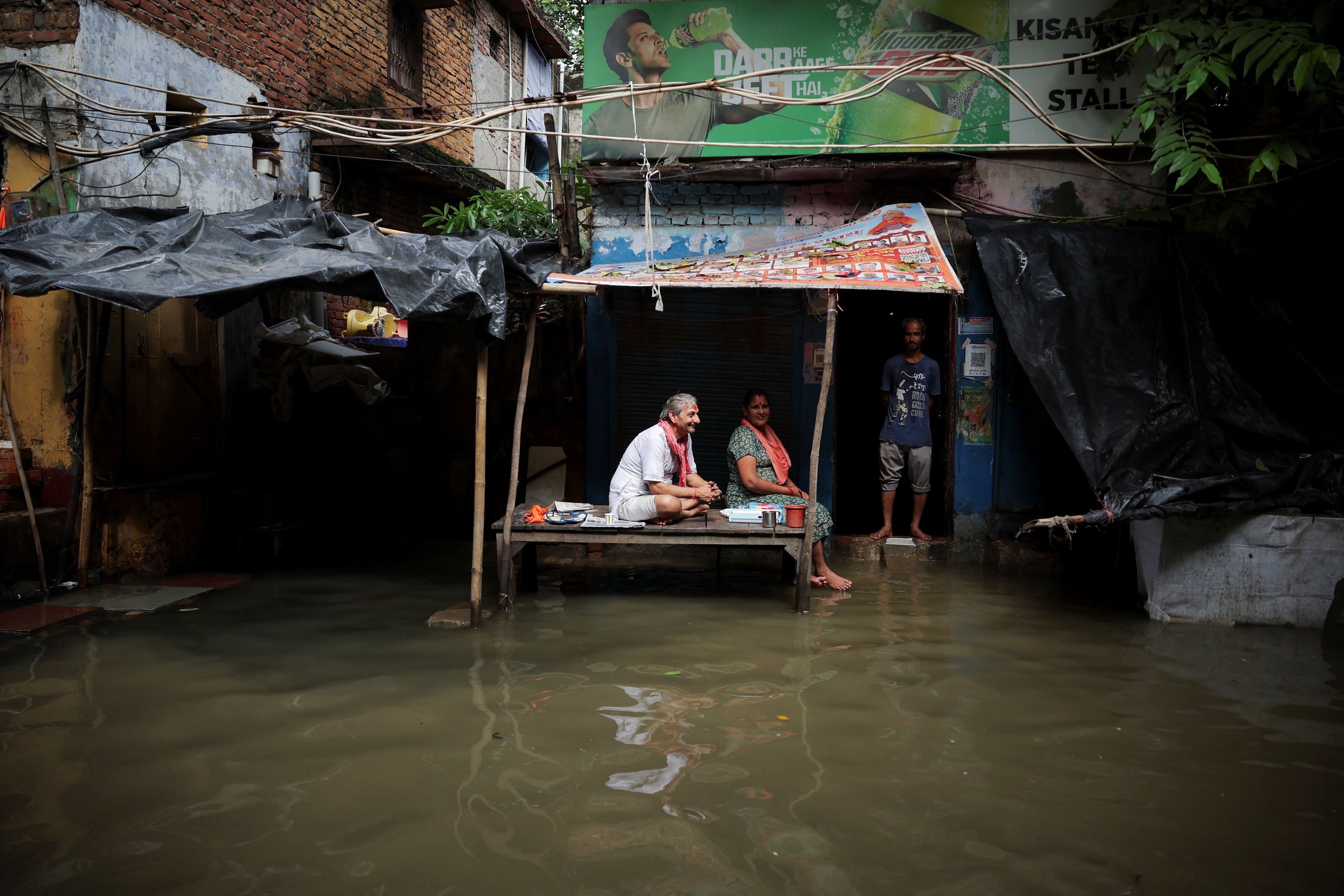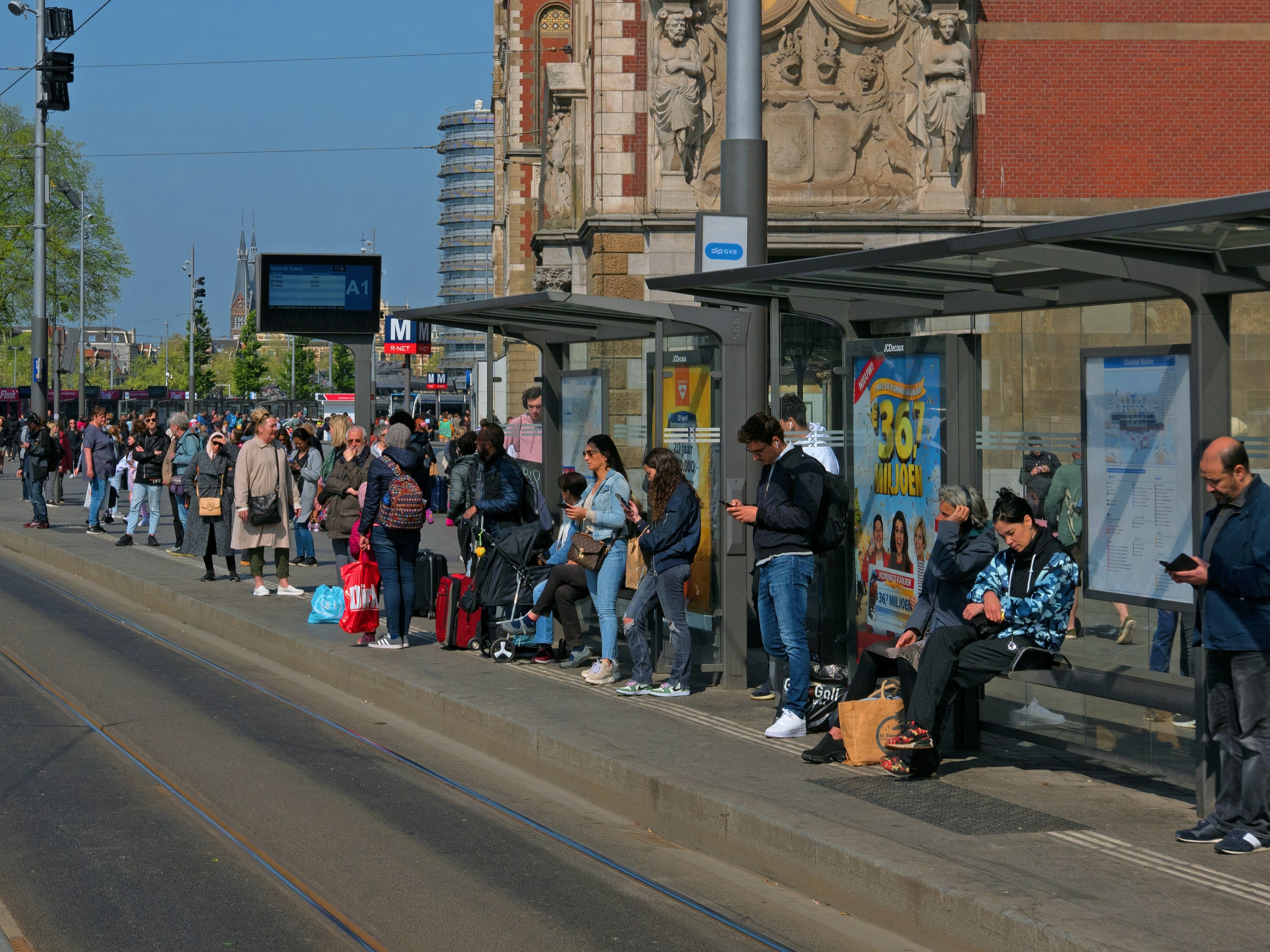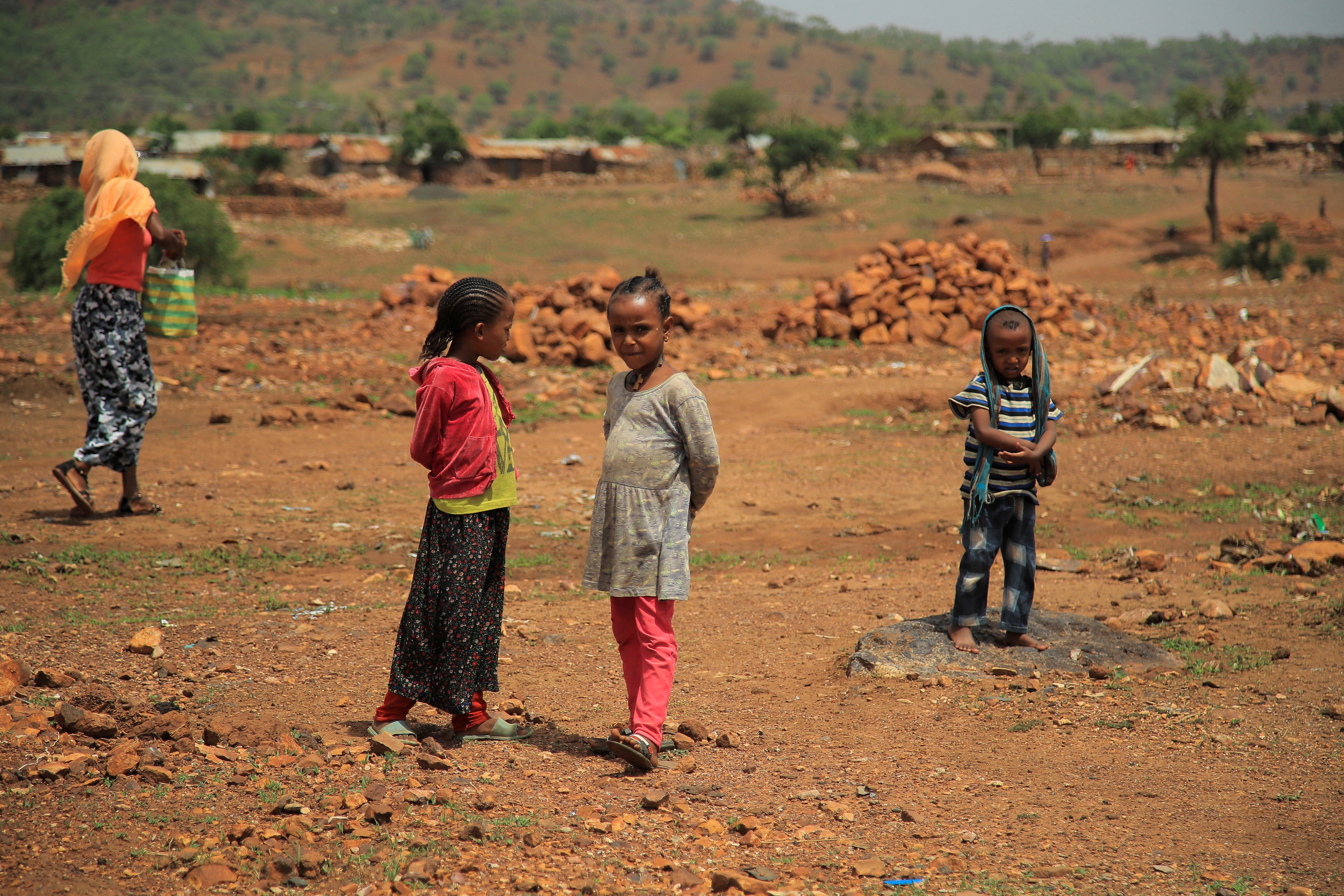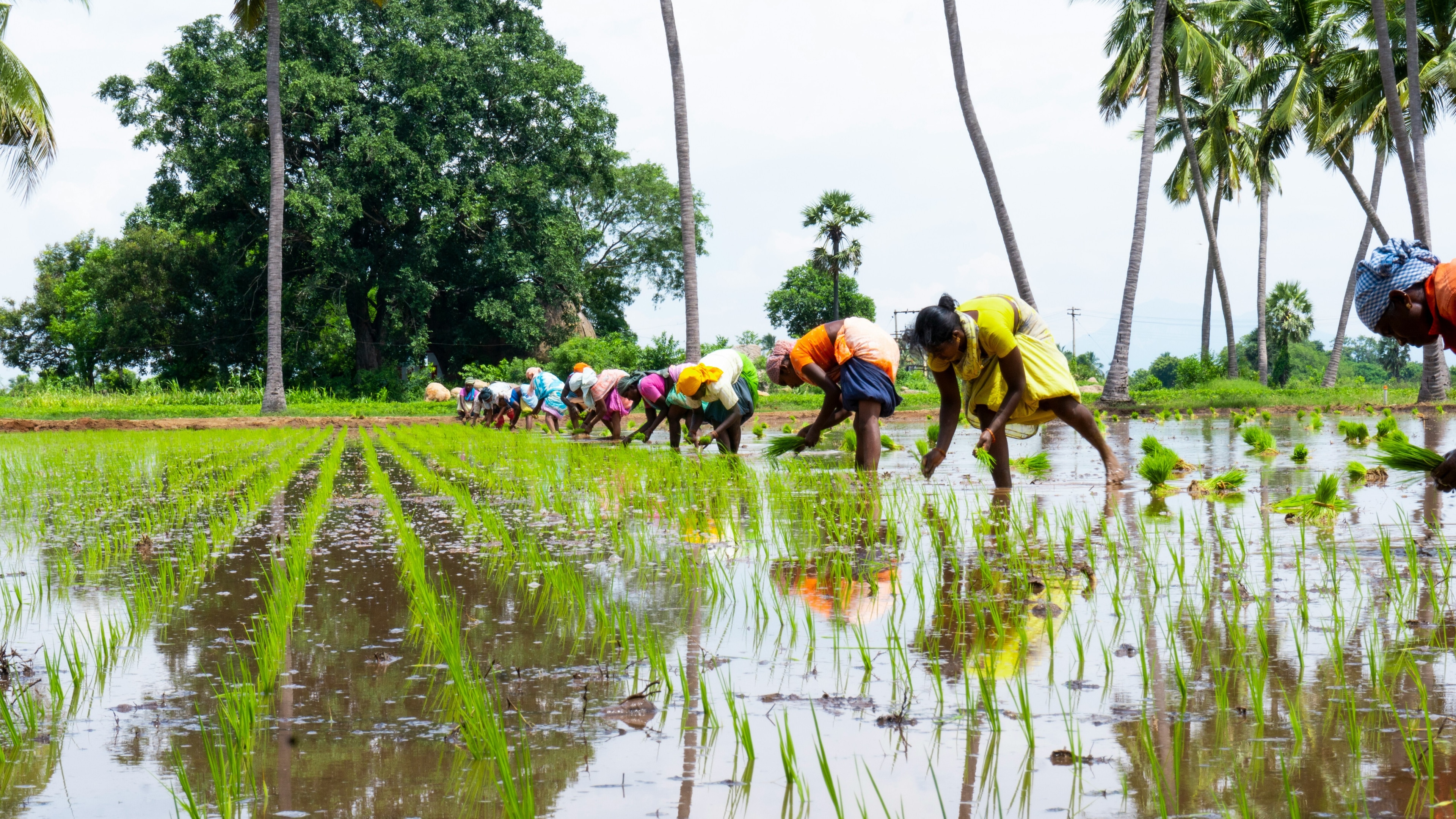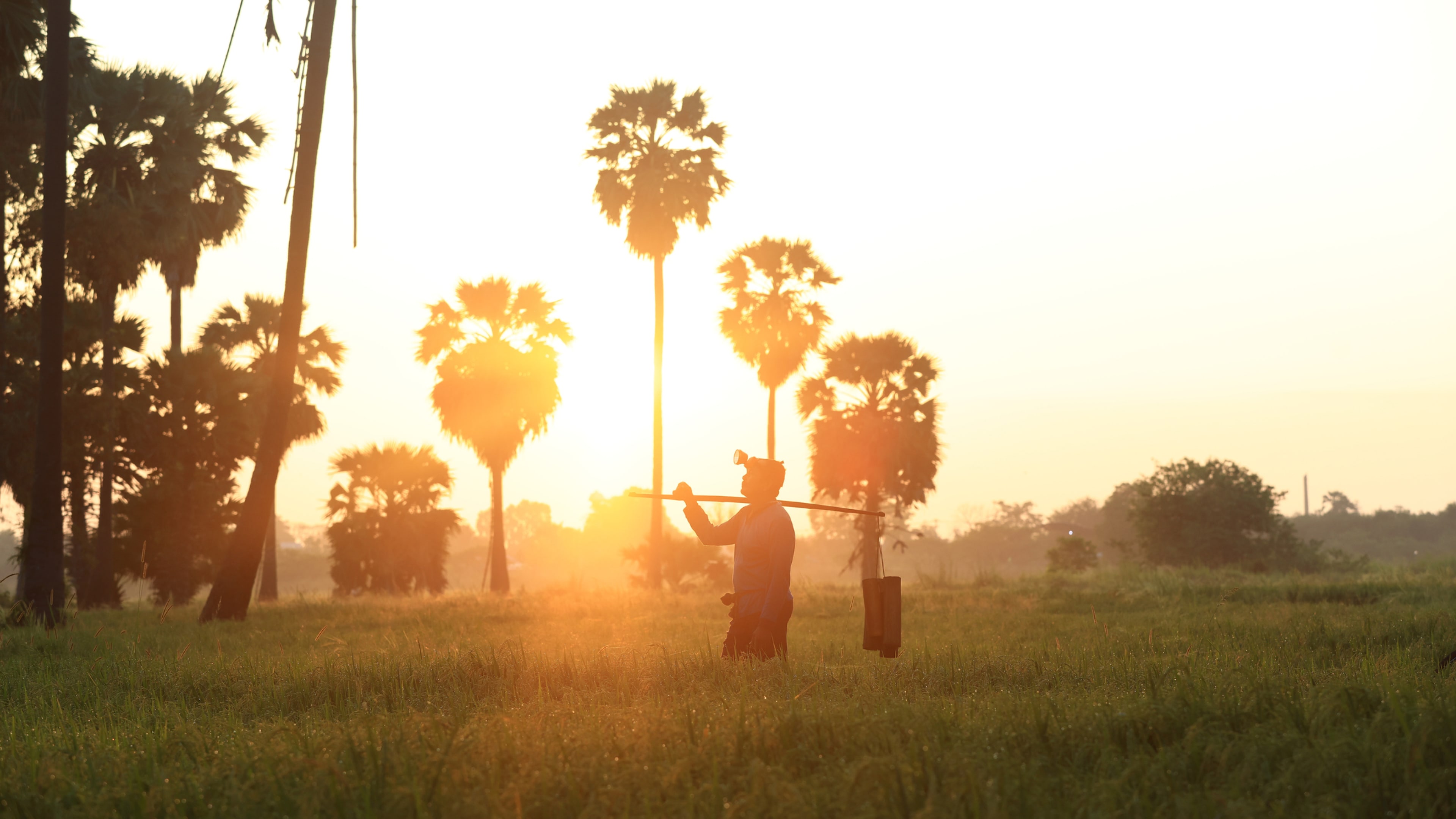Brussels bombers identified, landmark ruling expected for Radovan Karadzic and why we’re more honest with our phones than our doctors

Image: A man attends a memorial gathering near the old stock exchange in Brussels following Tuesday's bomb attacks in Brussels, Belgium, March 23, 2016. REUTERS/Christian Hartmann
Two brothers with suspected links to the plotters of the Paris attacks were identified by Belgian prosecutors as the suicide bombers in Tuesday’s double strike on Brussels’ airport and metro line. The second airport bomber was identified from his DNA as Najim Laachraoui, who was already implicated in the Paris attacks. The third attacker — seen in CCTV footage wearing a white jacket and hat — is still at large and the subject of a manhunt.
The attacks have raised hard questions for the Belgian security services and the spectre of a jihadi super-cell operating in Europe far beyond anything the continent has previously confronted. (FT)
In the news
Credit Suisse chief slams ‘concealed risky exposures’ Tidjane Thiam lashed out at the bank’s market division, saying it was “unacceptable” that some staff had concealed risky exposures from senior management in the run-up to the bank’s strategic revamp last October. His heated comments came as Credit Suisse promised to ramp-up its restructuring efforts by firing an additional 2,000 people and delivering an extra $820m in savings this year. (FT)
Libor trader told to repay £880,000 Tom Hayes, the former UBS trader serving an 11-year sentence for conspiring to manipulate Libor, must pay £880,000, a London court has ruled; a fraction of what prosecutors argued were his ill-gotten gains. (FT)
Jeb Bush endorses Ted Cruz The former Florida governor endorsed his former rival as the Republican establishment attempts to rally around its last hope of stopping Donald Trump. (FT)
Boris skewered over Brexit Boris Johnson made a career as a journalist and politician out of sweeping assertions about the EU and poking fun at the absurdities of the Brussels bureaucracy. But yesterday, his breezy pronouncements hit a brick wall, or more precisely Andrew Tyrie, the Tory chairman of the Commons Treasury committee. (FT)
Jailed Brazilian businessman co-operating in fraud probe Marcelo Odebrecht, one of the main construction bosses at the centre of Brazil’s Petrobras corruption investigation, is negotiating a leniency deal that could prove politically explosive for President Dilma Rousseff and her predecessor and mentor, Luiz Inácio Lula da Silva. (FT)
Questions raised over Nintendo’s Wii U Nintendo has denied a report that it will end production of the Wii U video game console as early as this year because of sluggish sales. A Nintendo spokesperson told Japanese site IT Media: “This isn’t an announcement from our company.” (NAR, Kotaku)
It's a big day for
Radovan Karadzic After five years, 586 witnesses and 115,000 pages of documentary evidence, an international criminal court in The Hague will deliver a landmark ruling on whether the former Bosnian Serb president is guilty of some of the worst atrocities in Europe since the second world war. (FT)
New Zealand, which is expected to announce the results of a referendum on whether to change the country’s flag. (The Guardian)
Food for thought
Facebook and the cost of a Beijing ‘like’ Mark Zuckerberg has just completed a high-profile visit to China, mocked by some Chinese and westerners as the “Zuck-up”. “As Mr Zuckerberg may already know, the Chinese phrase for sycophancy is pai ma pi, meaning ‘to stroke the horse’s posterior’. But there is an associated saying that warns if you stroke the horse’s posterior too hard and run your hand down its leg then you are likely to be kicked in the head,” writes the FT’s Jamil Anderlini. (FT)
Taiwan’s island in the sun Located in the geographical heart of the South China Sea, Taiping island is claimed by a host of the region’s powers, each of which is vying for control through military or legal means. Taiwan — which actually occupies the outcrop — has opted for more prosaic weapons: the availability of fresh water, free-roaming goats and bird faeces. (FT)
We’re more honest with our phones than with our doctors Having bowel trouble? Depressed? Besieged by weird, slightly embarrassing symptoms of unknown origin? Researchers are betting you’re more likely to tell a faceless app about them than your doctor. (NYT)
Shaking off the bears Even though US stocks have tripled since their low in the financial crisis, some suggest that the upward streak of the past seven years was not a bull market at all. There are even experts who argue that the bear market that started when the Nasdaq dotcom bubble burst in 2000 is still going on. (FT)
Morocco’s fog harvester Potable water has arrived in rural Morocco thanks to new technology that uses polymer nets to collect condensed fog from the nearby Atlantic. The netting can absorb up to 17 gallons of water per square yard of material every day. (New Yorker)
In defence of moderate drinking Some good news for those hoping to enjoy a beverage or two over the long weekend. Recent studies warning of the health effects of moderate alcohol consumption got it wrong; for those taking a tipple or two a day, there is no association with higher or lower risks of death. (NYT)
Video of the day
Piecing together a Brussels terror cell In Belgium, and across Europe, intelligence agencies are racing to learn more about the terror cell responsible for the bombings in Brussels that have left more than 30 dead. The FT’s Sam Jones examines what the nature of the attacks tells us. (FT)
Don't miss any update on this topic
Create a free account and access your personalized content collection with our latest publications and analyses.
License and Republishing
World Economic Forum articles may be republished in accordance with the Creative Commons Attribution-NonCommercial-NoDerivatives 4.0 International Public License, and in accordance with our Terms of Use.
The views expressed in this article are those of the author alone and not the World Economic Forum.
Stay up to date:
Future of Global Health and Healthcare
Forum Stories newsletter
Bringing you weekly curated insights and analysis on the global issues that matter.
More on Resilience, Peace and SecuritySee all
Shoko Noda and Kamal Kishore
October 9, 2025

